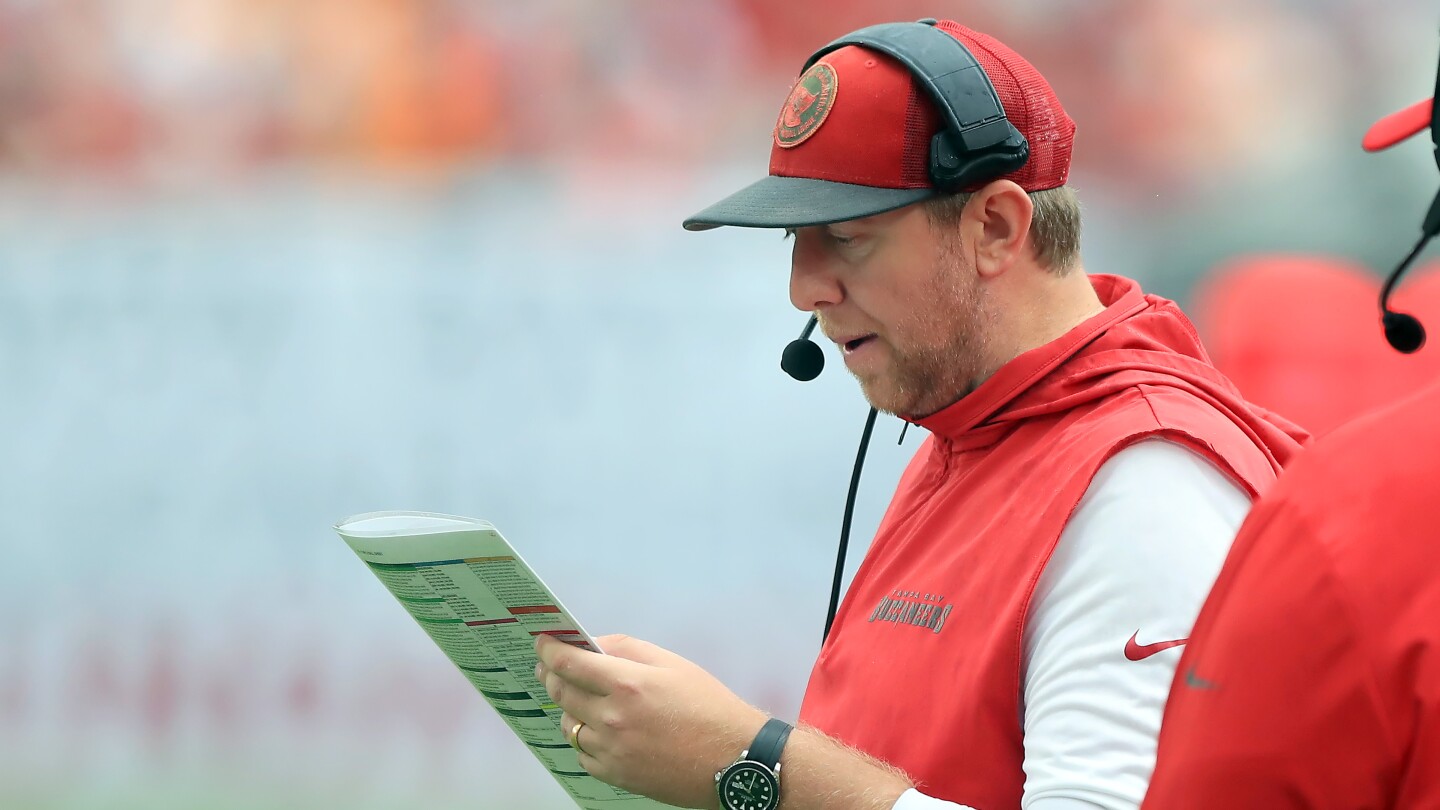Coaching Carousel: Liam Coen Jumps Ship from Buccaneers to Lead Jaguars' NFL Rebuild

The Tampa Bay Buccaneers are facing another unexpected coaching shake-up, as they bid farewell to their offensive coordinator for the second consecutive year. This latest departure continues a turbulent period of transition for the team's offensive leadership.
The sudden exit highlights the ongoing challenges within the Buccaneers' coaching staff, creating uncertainty about the team's offensive strategy moving forward. Just a year after their previous offensive coordinator's departure, the organization finds itself once again searching for stability and direction.
This unexpected change comes at a critical time for the team, potentially disrupting the offensive game plan and chemistry that players have been developing. The abrupt nature of the coordinator's exit raises questions about internal dynamics and the long-term vision for the Buccaneers' offensive approach.
Fans and analysts alike are left wondering how this latest coaching transition will impact the team's performance in the upcoming season. The Buccaneers will need to move quickly to find a suitable replacement and ensure minimal disruption to their offensive preparations.
As the team navigates this challenging period, all eyes will be on management to see how they address this sudden vacancy and rebuild their offensive coaching strategy.

